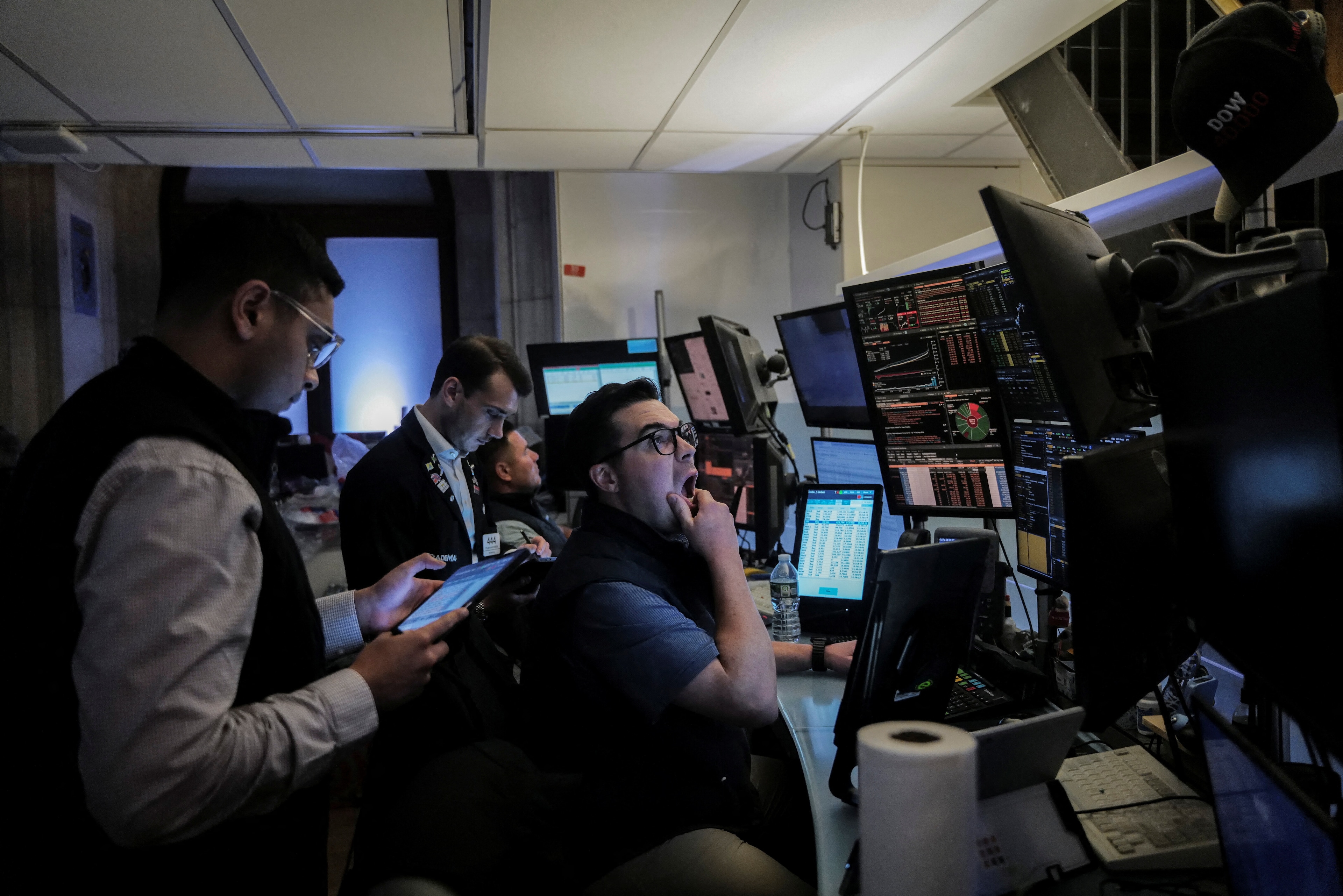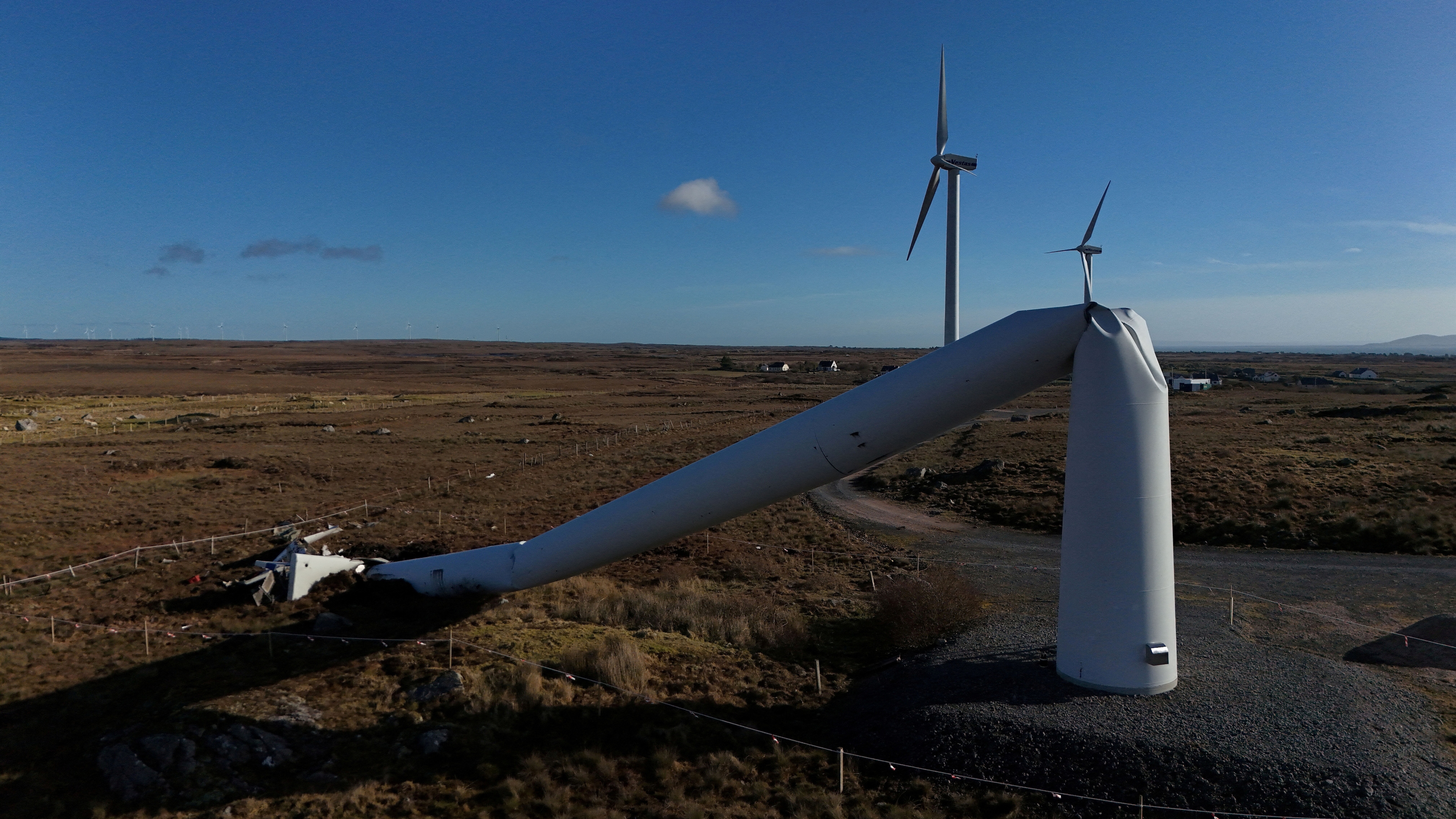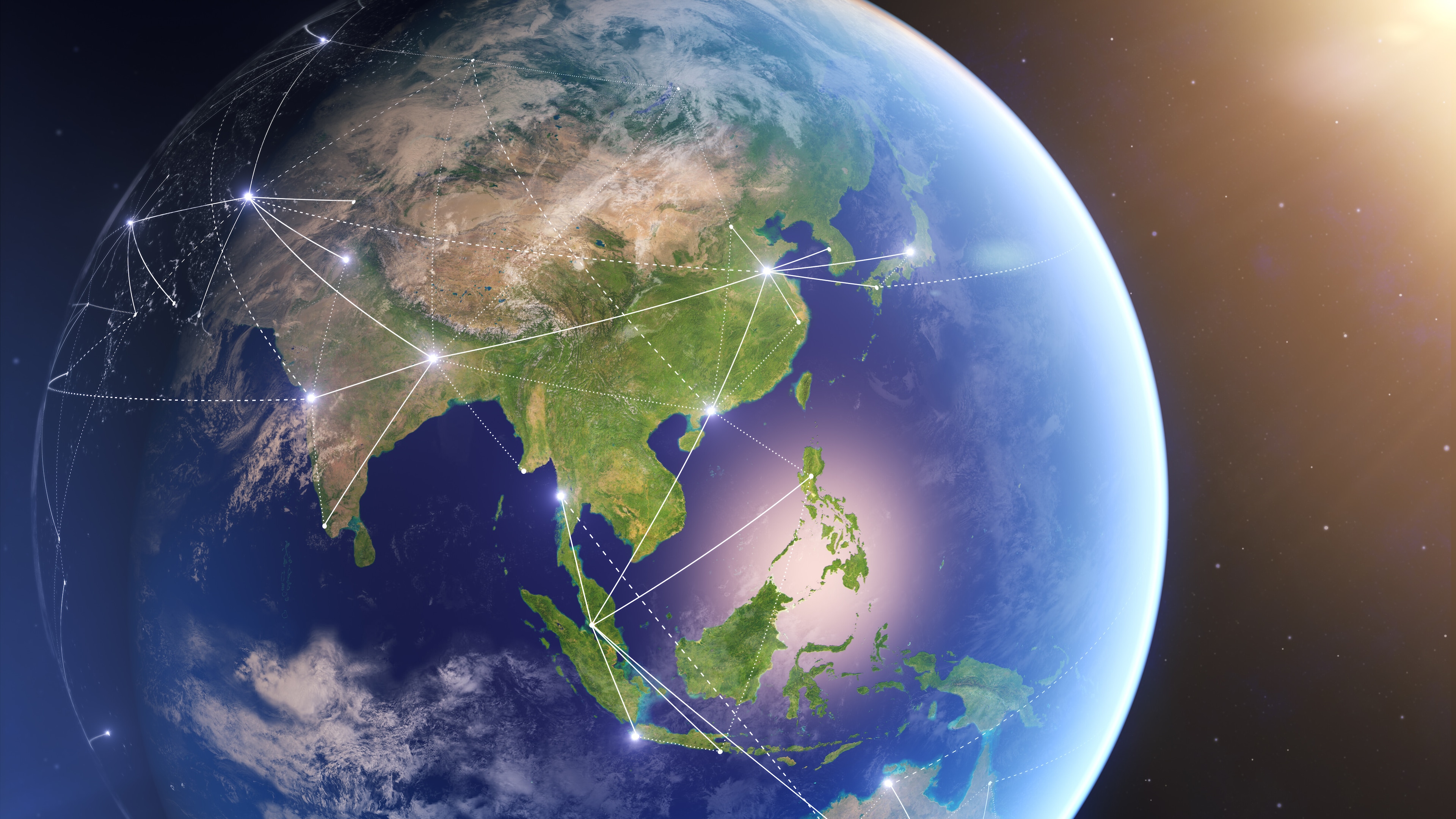Globalization 4.0: Have your say

Stay up to date:
Digital Communications
Today’s global risks need global solutions. The answers to challenges we face don’t just lie with governments, businesses and academia. They should also come from the public.
That means you.
We'd like you to upload a 60-second video answering one or more of six key questions we have identified that are crucial to making Globalization 4.0 work for all.
(Confused about what Globalization 4.0 is? Don't worry, we have an explainer right here.)
We will feature the best responses on weforum.org/globalization4 starting January 2019, in the build-up to the Annual Meeting in Davos on 22-25 January.
We will also feature some of the best videos on our Instagram, Twitter, Facebook and LinkedIn channels throughout January and during our Annual Meeting.
If you'd like to get involved, read more about the six questions below, and head to our submissions page to upload your video. We'll also be keeping an eye out for any video content on social media using the #globalization4 hashtag.
Emerging economies can’t follow the rulebook of the past by forging a path to industrialization using fossil-fuel technologies. To save the planet, and make sure growth continues to lift billions out of poverty, how do we move forward in a clean, green way?
Accept our marketing cookies to access this content.
These cookies are currently disabled in your browser.
Immigration provides a net economic benefit to advanced economies, especially those with ageing populations. Growth will suffer and new populist forces will grow stronger as long as anti-immigrant sentiment dictates the political narrative. At the same time, how do we make sure that globalization benefits all of us, and not just the richest countries, particularly when it comes to income inequality?
Accept our marketing cookies to access this content.
These cookies are currently disabled in your browser.
Most of the jobs that will be available in 2030 don’t exist yet, while jobs that were once reserved only for humans are now being done by machines. What impact will this have on people, businesses and governments, and how do we re-skill societies to manage these dramatic shifts?
Accept our marketing cookies to access this content.
These cookies are currently disabled in your browser.
Are we mastering technology, or is it mastering us? As the lines between privacy, identity and security become increasingly blurred online, and as AI and biotechnology become evermore powerful, how do we ensure we maximize the benefits of future technology without suffering its consequences?
Accept our marketing cookies to access this content.
These cookies are currently disabled in your browser.
Rising middle classes in India and China have felt globalization’s benefits, but there are still hundreds of millions of people who have been left behind. How do we create a global economy that works for the 99% and not just the fortunate few?
Accept our marketing cookies to access this content.
These cookies are currently disabled in your browser.
Global GDP has doubled since 1990, but globalization’s future is no longer about only physical trade. It is about knowledge, information and technology. How can we encourage nations to cooperate more efficiently to enable more inclusive, sustainable societies?
Accept our marketing cookies to access this content.
These cookies are currently disabled in your browser.
Don't miss any update on this topic
Create a free account and access your personalized content collection with our latest publications and analyses.
License and Republishing
World Economic Forum articles may be republished in accordance with the Creative Commons Attribution-NonCommercial-NoDerivatives 4.0 International Public License, and in accordance with our Terms of Use.
The views expressed in this article are those of the author alone and not the World Economic Forum.
Related topics:
Forum Stories newsletter
Bringing you weekly curated insights and analysis on the global issues that matter.
More on Economic GrowthSee all
Antara Choudhury and Vivin Rajasekharan Nair
August 14, 2025
Atul Kumar
August 12, 2025
Elizabeth Henderson and Daniel Murphy
August 8, 2025
Li Dongsheng
July 31, 2025
Charlotte Edmond
July 30, 2025












